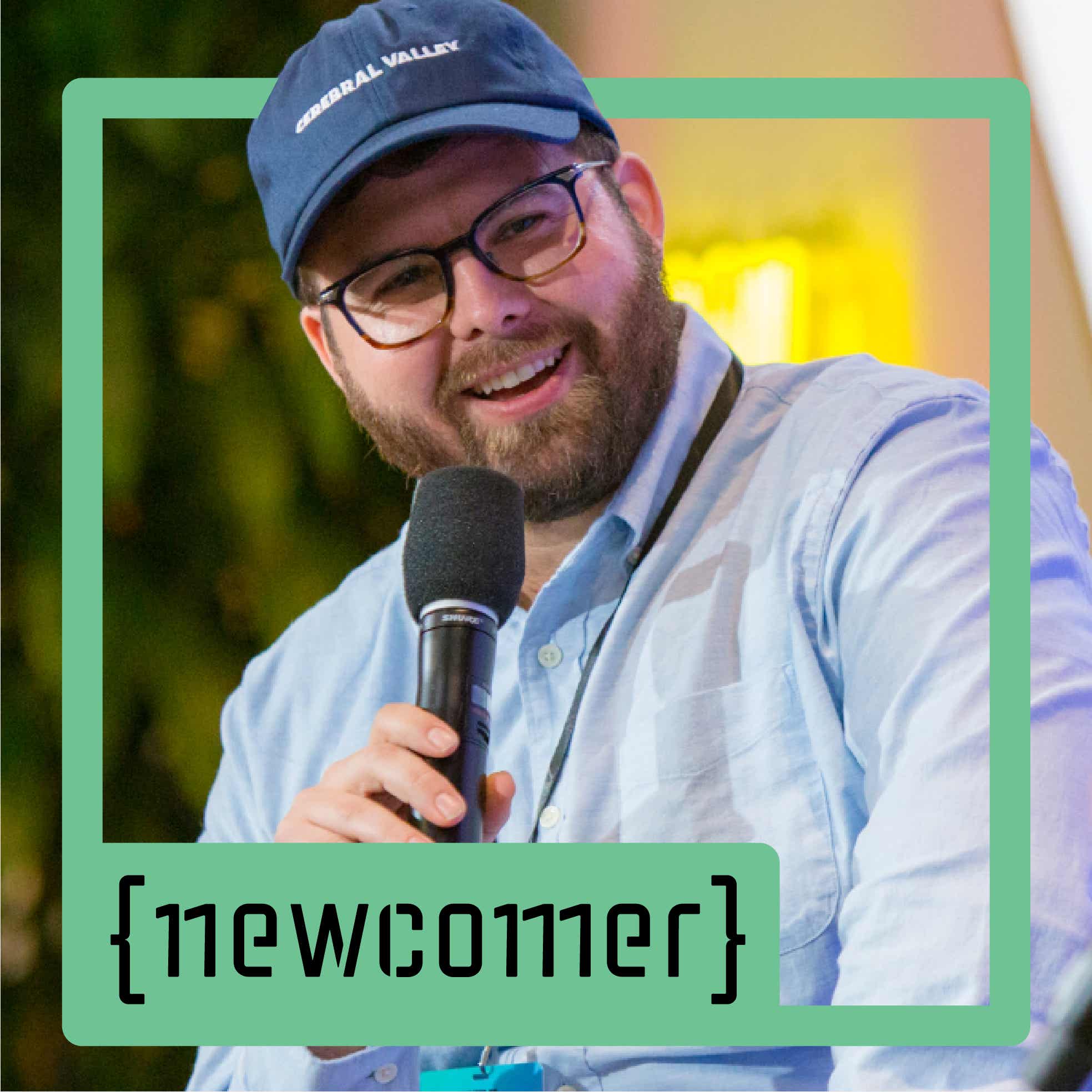Techstars CEO Maëlle Gavet Talks Pre-Seed Deals, YC, SoftBank & `Zombie Mode' Funds
Description
Maëlle Gavet and I first crossed paths about a decade ago when she was the CEO of the Russian e-commerce company Ozon. Then, we met up again when she was working as the chief operating officer for the SoftBank-backed real estate tech company Compass. A couple of months ago, I ran into Gavet at a networking dinner in New York City. I interrogated her about her two-and-half years so far as the chief executive officer of Techstars, the global pre-seed investment firm.
I invited Gavet on the Newcomer podcast to talk about her time at Techstars and the state of the early stage market. You can listen on Apple, Spotify, YouTube, Substack’s app or wherever you get your podcasts. I’ve also included some excerpts from the discussion below.
What she said about the state of venture capital firms will strike a chord of fear with many of my readers. Gavet warned that many VC funds are entering “zombie mode.”
She said:
In the VC environment, there is a consolidation ongoing, it’s not visible yet and in my view, the worst is to come. Emerging general partners not being able to raise their next fund. In the venture world, they don’t shut down. It’s not like in the operating company world where a company goes bankrupt and literally fires people, closes the door, and that’s it. In the VC world, it’s more like they move into zombie mode. It’s like we are still managing our last fund, but we’re not raising anymore.
Our conversation covered a range of topics, including Gavet’s book, Trampled by Unicorns: Big Tech’s Empathy Problem and How to Fix It. We concluded our conversation, interrogating how tech has changed since she published the book and discussing what it would mean for brewing artificial intelligence regulation.
Give it a listen
Lightly edited podcast excerpts from my conversation with Maëlle Gavet:
What was the main thing that you wanted to change about Techstars?
I wanted Techstars to become the best and largest pre-seed investor in the world. I thought that there were a lot of really good building blocks. The fundamentals were there, and there was also an opportunity to scale it further, streamline it, strengthen it, and provide more value to entrepreneurs, helping them get better terms, better exits, and better valuations. That’s a long process. The VC industry works in a very, very long cycle. So it’s not like you arrive and then three months later things change. But that was the idea of taking this great company to a whole different level. To start, when I would talk about Techstars, people would actually know who we are and what we do. And I remember announcing that I was joining Techstars to my network, and a few people, including venture capitalists from Silicon Valley who will remain unnamed, saying: Why are you joining a nonprofit? My answer was, this is not a nonprofit, this is an investment business and a pretty good one at that. It’s just that they never really position themselves as an investment business. And so part of the work was to change internally and externally, the image of Techstars to say, we are very large pre-seed investors. And by the way, as for Crunchbase, a few months ago, we officially became the largest pre-seed investor in the world.
What has been the company with the best return for Techstars?
We have some really, really cool companies that I like very much. Companies like Chainalysis made headlines not long ago because they provide blockchain data and analysis to governments, banks and businesses around the globe. And when things like FTX happen, and it’s only the most famous but there have been multiple situations where figuring out what is happening in the blockchain, crypto world has been pretty critical for a lot of institutions. Chainalysis is usually the company that calls.
One that I liked very much is called Remitly. They’re a mobile payments service that enables users to make a person-to-person international money transfer. So that’s the tagline.
More Episodes
This is probably my favorite episode of the year. We just updated our picks for our artificial intelligence startup fantasy draft. That means dropping startups whose star is fading and making new pickups.
Last year, Max Child, James Wilsterman, and I drafted the most promising generative AI...
Published 11/13/24
Published 11/13/24
We’re back with a couple episodes of the Cerebral Valley Podcast leading up to our summit on November 20.
I’m joined by my Cerebral Valley AI Summit co-hosts Max Child and James Wilsterman.
On this episode, we started by talking about the thing on everyone’s minds — the election of Donald Trump...
Published 11/09/24


